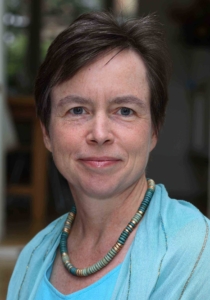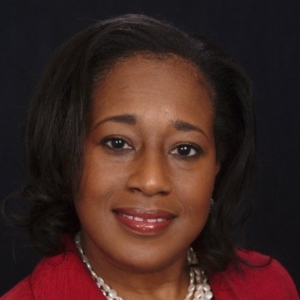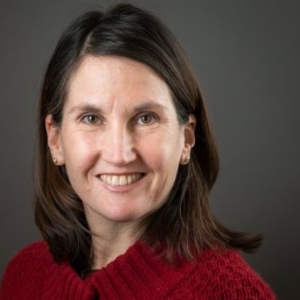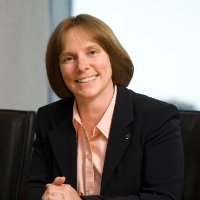 Alison Maitland is a business author, speaker and conference moderator who specialises in leadership, diversity, and the new world of work. She is Director of The Conference Board’s Europe-based Council for Diversity in Business, a Senior Visiting Fellow at London’s Cass Business School, and co-author of the prize-winning book Why Women Mean Business. Alison, with co-author Peter Thomson, recently published the second edition of Future Work and she sat down with theglasshammer.com to share her views on why future work is a critical part of an organisation’s long term success.
Alison Maitland is a business author, speaker and conference moderator who specialises in leadership, diversity, and the new world of work. She is Director of The Conference Board’s Europe-based Council for Diversity in Business, a Senior Visiting Fellow at London’s Cass Business School, and co-author of the prize-winning book Why Women Mean Business. Alison, with co-author Peter Thomson, recently published the second edition of Future Work and she sat down with theglasshammer.com to share her views on why future work is a critical part of an organisation’s long term success.
The Glass Hammer: How is future work different to flexible working?
Alison Maitland: Flexible work arrangements tend to be tactical initiatives by HR, targeted at individuals and disconnected from any strategy being pursued by the organisation’s leadership. They do not fundamentally alter the current work model.
What we call “future work” is a business strategy to move away from focusing on inputs to viewing work as an activity that produces desired results. The focus is on performance and outcomes, not hours spent in the office, and people have much greater autonomy and choice about how, where and when they carry out their tasks.
Communications technology is of course the great enabler of this. Future work is about giving everyone the tools, information and objectives they need and then letting them get on with the job in the way that works best. To become a core part of a company’s culture, it needs to be driven by leaders across the organisation – IT, finance, communications and real estate as well as HR and leadership development.
TGH: Why is future work important now?
AM: The new workforce is looking for something very different from the traditional career and work model. The International Women’s Forum UK recently celebrated its 25th anniversary with a survey asking current and emerging female leaders about success, including what they would do differently if starting again. While many of the senior women said they would not do anything differently, some wished they had said “no” more often during their careers or been less hard on themselves. One said “We have to change the concept of work to make it more relevant to a woman’s life.” The responses from the younger women placed strong value on balance, happiness, fulfilment, and the need to pace and prioritise carefully. These trends are supported by a global ACCA/Mercer survey, which we reference in Future Work. The survey asked over 3,200 millennial finance professionals how they felt about their jobs. It found that this generation wants a much broader range of benefits from working life and that making more money is a less important factor in career success than it was to previous generations.
What does this mean for organisations? Employers can no longer assume that employees will put up with having to work at rigid times in a fixed location if it does not make sense to do so. If employers don’t offer greater autonomy and choice, they will struggle to attract top talent. Future work also allows companies to draw from a broader and more diverse talent pool, which in turn should lead to more innovative organisations. Future work is not a nice-to-have – it should be a viewed as a priority by leaders looking to deliver sustainable success.
TGH: Are leaders really convinced about the benefits of future work?
AM: Those we feature in the book definitely are! But many managers still fear that people won’t work if they can’t see them sitting at their desks around them – hence the jacket-on-chair syndrome. In reality, most people are more productive and motivated when they feel empowered and trusted by their managers to get the work done, regardless of time or place. Through a combination of surveys and case studies, we’ve shown that there is a wide range of benefits for business, including increased productivity, more reliable business continuity, faster access to market, and reduced costs. Organisations need to do a better job of measuring these benefits to see what a difference future work can make.






